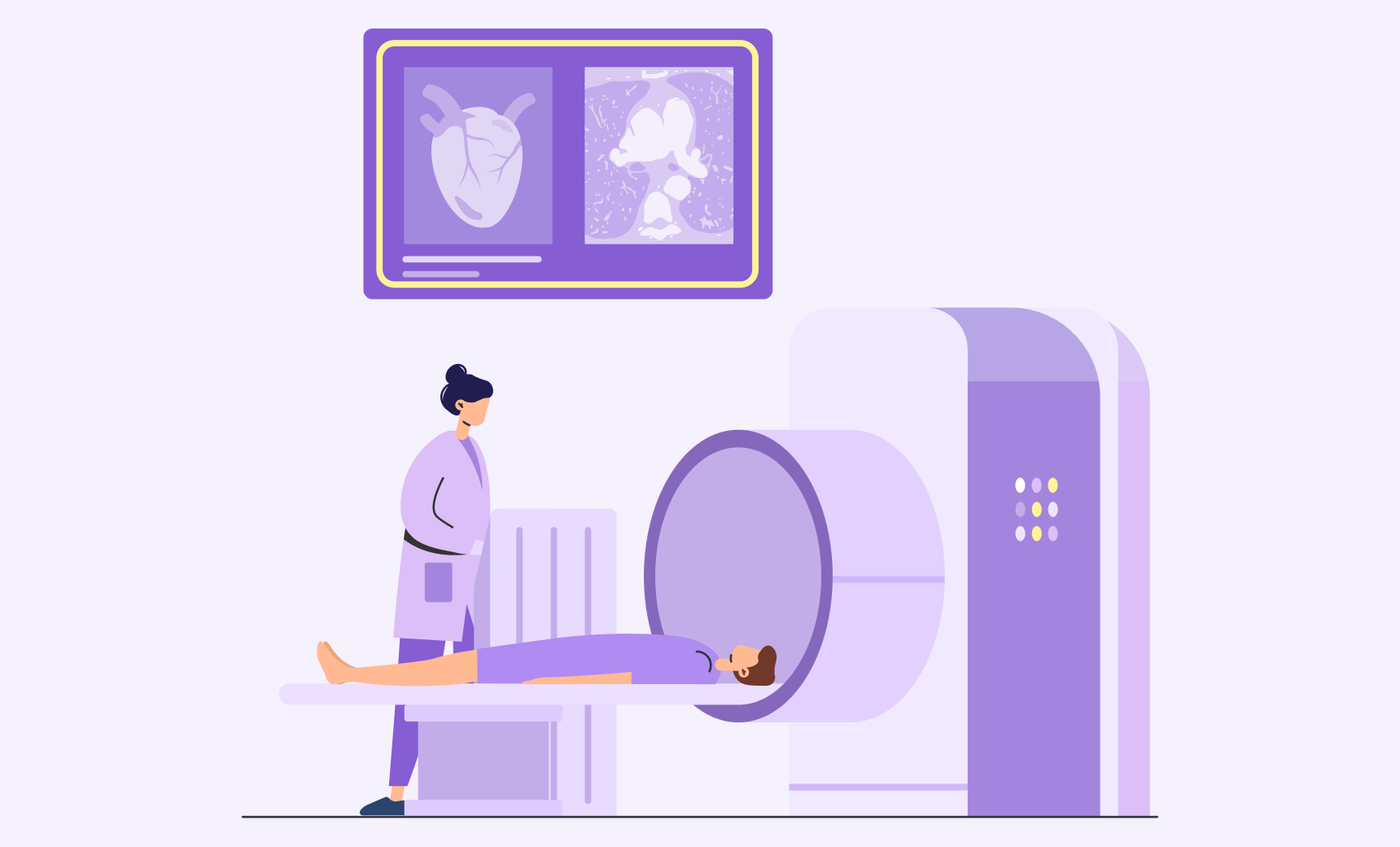
Coronavirus In Children: What We Know
The most concerning aspect of COVID-19 is the part it plays towards children. The mechanism of which the cytokine storm induced to the body by COVID-19 is still yet to be understood but we do know that it’s a multi-organ systemic response to the virus.
What we know based on the current CDC guidelines is that children may present with fever and cough at the onset of symptoms as often as adult patients. Although most findings have shown that children reported with COVID-19 have not had severe illness, clinicians should however maintain a high suspicion for SARS-CoV-2 infection in children, particularly infants and children with underlying conditions. Also, increased reports of previously healthy children presenting with a severe inflammatory syndrome with Kawasaki disease-like features. The cases occurred in children testing positive for COVID-19, based on reverse-transcriptase polymerase chain reaction (RT-PCR) or serologic assay diagnosis, or who had an epidemiologic link to a COVID-19 case.
The CDC currently defines Multi System Inflammatory Syndrome in Children (MIS-C) as:
- An individual aged < 21 years presenting with fever and laboratory evidence of inflammation and evidence of clinically severe illness requiring hospitalization, with multi-system ( > 2) organ involvement (cardiac, renal, respiratory, hematologic, gastrointestinal, dermatologic or neurological)
- No alternative plausible diagnoses
- Positive for current or recent SARS-CoV-2 infection by RT-PCR, serology, or antigen test; or COVID-19 exposure within the 4 weeks prior to the onset of symptoms
- Fever > 38.0°C for ≥ 24 hours, or report of subjective fever lasting ≥24 hours
Lab Results for Multi System Inflammatory Syndrome in Children (MIS-C) may reveal:
|
|
Some individuals may fulfill full or partial criteria for Kawasaki disease but should be reported if they meet the case definition for MIS-C. If you’re a pediatrician or physician treating a child with COVID-19, it’s probably best to consider MIS-C in any pediatric death with evidence of SARS-CoV-2 infection.
Healthcare providers who have cared or are caring for patients younger than 21 years of age meeting MIS-C criteria should report suspected cases to their local, state, or territorial health department.




Andy Alem
The LabFinder Editorial Team is behind The Illuminator and The Insider, LabFinder’s consumer and business blogs.
Dr.Robert Segal
Dr. Segal is CEO and co-founder of LabFinder, as well as a board-certified cardiologist. He began practicing medicine in 2002 and has founded several businesses, including Medical Offices of Manhattan and Manhattan Cardiology.